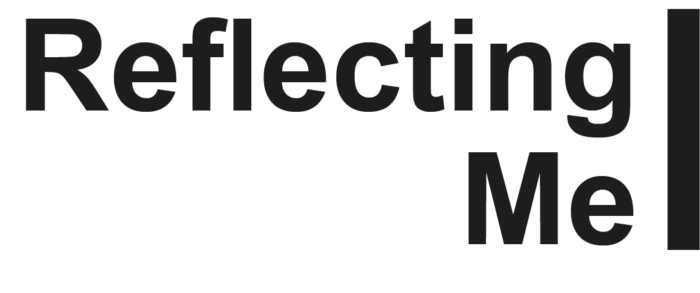Representation of Religion in Media Has the Power to Educate People and Change Perceptions
What do viewers want when it comes to seeing religion represented in entertainment?
This was a key question in our recent Reflecting Me: Religious Representation in Media study, which is part of our Content for Change initiative. This research is based on a quantitative online survey of a core representative sample of almost 3,200 TV content consumers in the US aged 13 to 64, with an additional oversample of over 3,000 respondents in key religious segments.
This study is part of an overall body of work called “Reflecting Me.” In partnership with Paramount’s Office of Global Inclusion and Content for Change, these projects explore the state of representation in TV and film and behind the camera, and the impact it has on our audiences.
Here’s some of what we learned:
When it makes sense to include religion in TV show or movie storylines, viewers would like to see more diversity and authenticity. Americans want to see more variety, with 7 in 10 agreeing there needs to be more types of religious groups and identities on screen. This representation needs to ring true, with 3 out of 4 agreeing that representation needs to be more accurate. And they want representation to extend behind the camera, with 7 in 10 agreeing that companies making TV shows and movies should commit to improving religious diversity and representation on screen and off screen.
It’s important to cast actors who accurately represent the religion of their characters. Close to half of religious people (47%) who have seen their religion represented on TV shows or movies have felt bothered when a character of their religion is played by an actor who is not of that religion. Muslims feel this most strongly, followed by Buddhists and Hindus.
Religious representation matters because it influences real-world perceptions. TV shows and movies have the potential to promote unity and understanding, as well as shift damaging narratives about different religions. Among people who have seen religious groups and identities represented in media, 76% agree that these portrayals influence perceptions in the real world. Additionally, 71% agree that portrayals of certain religions have led to more divisiveness in their country and 51% agree that the things they have seen in TV shows and movies have made them think less of certain religions.
Most people believe that entertainment and media in general have a responsibility to combat religious stereotypes and bigotry. Our research found that 72% agree that TV shows and movies should do more to combat religious bigotry. A similar percentage (70%) agree that entertainment has a responsibility to challenge stereotypes about people from certain religions. And finally, 68% agree that TV shows and movies should do more to speak out against religious extremism.
Authenticity and inclusiveness are seen as key to improving religious representation on-screen. What would viewers most like to see? Above all, they’re interested in more authentic portrayals of religions groups, fewer stereotypes of religions groups in storylines, and better representation of different cultures.
Ultimately, inclusive and intersectional representation has the power to educate and bring us together. Seven in 10 people overall would like to see more content about religious communities they’re unfamiliar with to help them learn. And among those who have seen religion represented in media, 70% agree that this has made them more accepting of people who practice different faiths.


